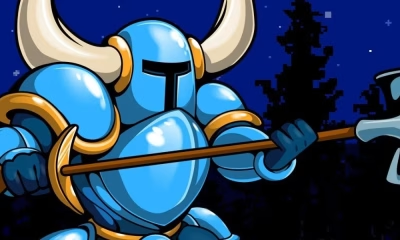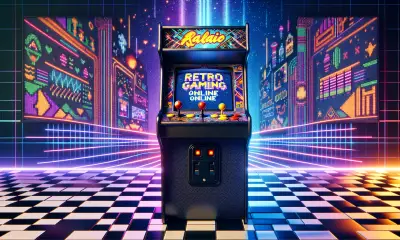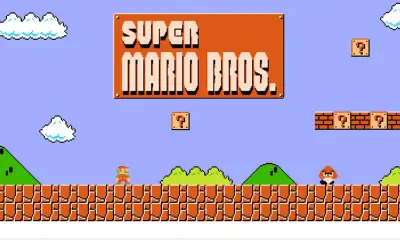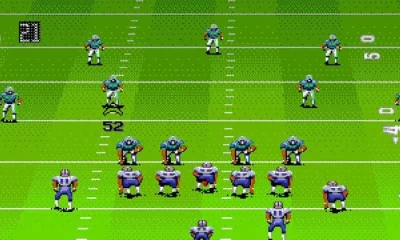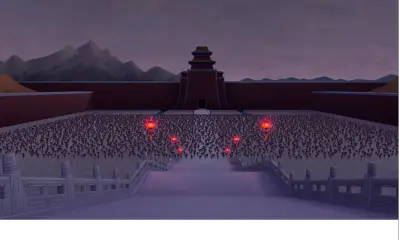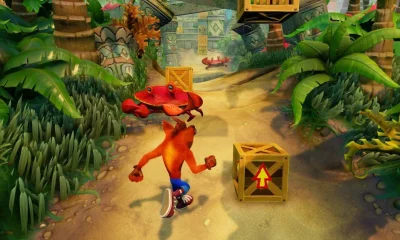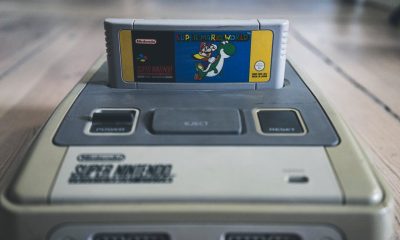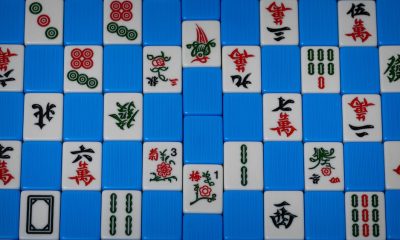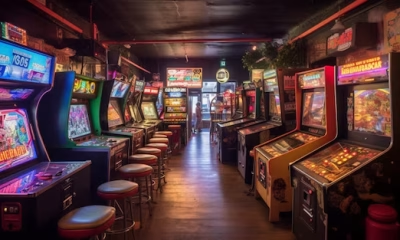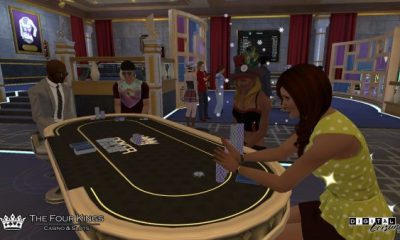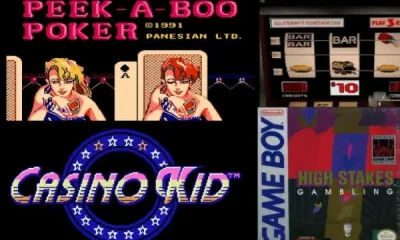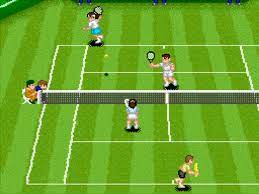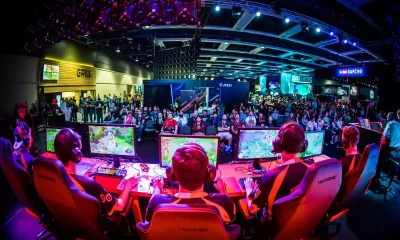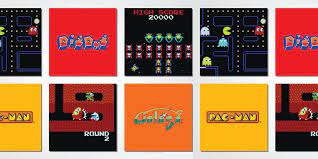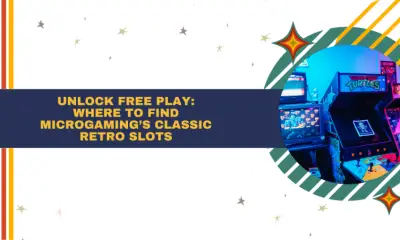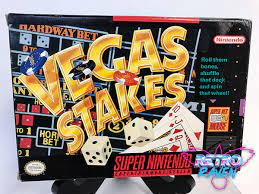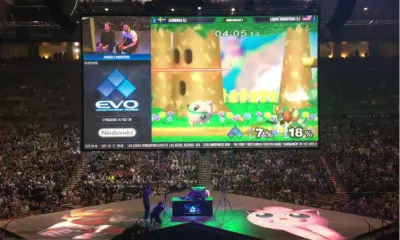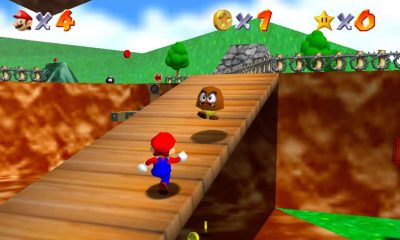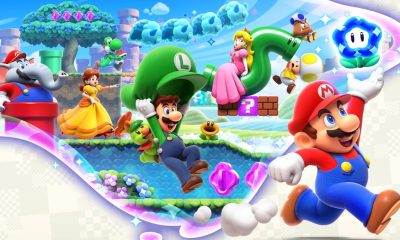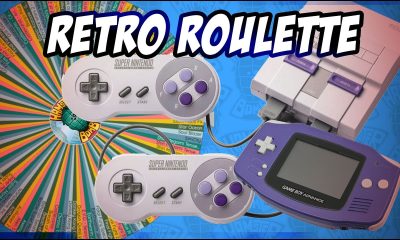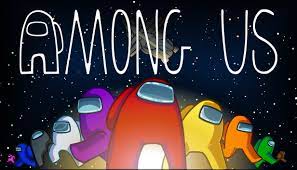The history of retro gaming is a fascinating journey that transcends borders, with its roots deeply embedded in the technological innovations of the late 20th century.
Both New Zealand and the United States share these beginnings, where the early arcade games like “Pong” and “Space Invaders” laid the groundwork for what would become a global phenomenon. In both countries, these games marked the beginning of a new era in entertainment, creating a common ground for gaming cultures worldwide.
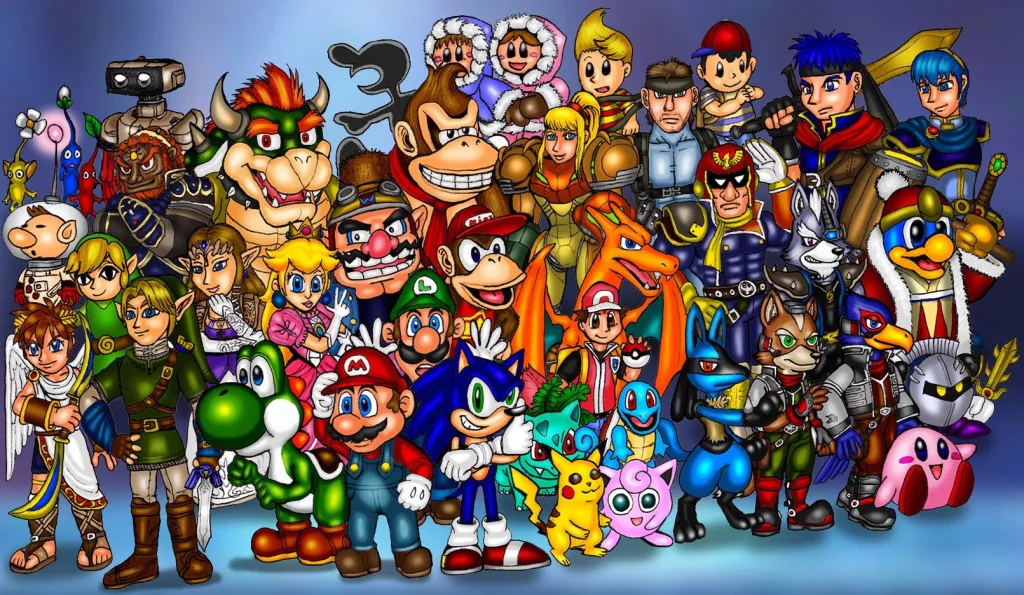
However, the impact and reach of these games were slightly different. In the USA, the gaming industry rapidly expanded, backed by significant investments and a growing consumer base eager for new forms of entertainment.
This rapid growth led to the golden age of arcade games in the early 1980s, making gaming a significant part of popular culture.
In contrast, New Zealand’s encounter with these games was more gradual. The country’s geographical isolation and smaller market size meant that the influx of gaming technology and trends from abroad was slower.
As a result, while the US was experiencing a gaming boom, New Zealanders were just beginning to explore this new world of entertainment.
The Console Era: Diverging Paths
As the 1980s progressed, the focus shifted from arcades to home consoles. This era was marked by the dominance of companies like Nintendo and Sega, which became household names worldwide.
In the US, the release of the Nintendo Entertainment System (NES) in 1985 was a pivotal moment. It not only revived the home gaming market, which had suffered a significant crash in 1983, but also set the stage for the console wars that would define the next decade of gaming.
In New Zealand, the console era had a different trajectory. While Nintendo and Sega consoles eventually made their way to the Kiwi market, the penetration was not as deep as in the US. This difference can be attributed to factors like higher import costs and a smaller consumer base.
Additionally, New Zealand had a strong presence of home computers like the Commodore 64 and ZX Spectrum, which were popular platforms for gaming, unlike in the US, where consoles quickly became the primary gaming devices.
The 90s and Beyond: Cultural Exchange
The 1990s saw the globalization of the gaming industry, with the rise of the internet and more interconnected markets. This period marked a convergence in gaming cultures between New Zealand and the USA.
Popular titles like “Super Mario Bros,” “The Legend of Zelda,” and “Sonic the Hedgehog” became global phenomena, loved by gamers in both countries.
However, there were still distinct differences in the gaming scenes. In the US, the 1990s were characterized by fierce competition between console manufacturers, leading to rapid technological advancements and a focus on cutting-edge graphics and gameplay.
This competition fueled the growth of a gaming culture that was heavily centered around consoles.
In New Zealand, while console gaming was certainly popular, there was also a strong culture of PC gaming that persisted from the previous decade. This created a more diverse gaming landscape, where different platforms coexisted more harmoniously than in the US.
The Impact of Indie Games and Modern Nostalgia
In the early 2000s, the rise of indie games began to blur the lines between the gaming histories of different countries. Independent developers, often inspired by the retro games of their childhoods, started creating games that paid homage to the classics.
This movement resonated with gamers worldwide, including in New Zealand and the USA, creating a shared nostalgia for retro games.
This modern nostalgia has led to a renaissance of retro gaming, with both countries witnessing a surge in the popularity of classic game collections, remakes, and retro-inspired titles.
This is extremely prevalent in the games of chance genre. Most entertainment companies recognized that in order to stand out to the upcoming largest client base, they need to somehow connect with them. Therefore, we have dozens of these operators featuring retro slot machines on their websites, modeled around popular old games. More can be found on this website if you want to know what companies are doing this exactly.
Gaming conventions, online communities, and retro gaming bars have become common in both New Zealand and the USA, celebrating the shared heritage of gaming.
The Role of Fan Communities and Emulation
An integral part of the retro gaming scene in both New Zealand and the USA has been the role of fan communities and emulation. These communities, often driven by nostalgia and a passion for preserving gaming history, have played a crucial role in keeping retro games alive. In the US, there’s a robust culture of collecting vintage games and consoles, with conventions and online forums dedicated to retro gaming thriving.
New Zealand, while having a smaller population, has not been far behind. The country has seen a growing interest in retro gaming, with local communities and events celebrating classic gaming.
Emulation has also been a significant factor in both countries, providing access to games that are rare or were never officially released in a particular region. This has allowed gamers in both the USA and New Zealand to experience a broader spectrum of gaming history.
The Influence of Game Development
The development of games in New Zealand and the USA has also influenced how retro games are perceived and played in each country. In the USA, the home of many pioneering gaming companies, there’s been a strong tradition of game development that goes back to the early days of arcade games.
American developers have been instrumental in shaping the gaming industry, with influential titles that have set trends globally.
New Zealand, on the other hand, has a smaller but vibrant game development scene. While it might not have the same historical depth as the USA, New Zealand has produced several noteworthy games and developers that have gained international recognition.
This has fostered a unique gaming culture in New Zealand, where local developments are celebrated alongside international hits.
The Retro Gaming Revival: A Global Phenomenon
In recent years, we have witnessed a global revival of interest in retro games. This phenomenon has been fueled by a combination of nostalgia, advancements in technology that make accessing these games easier, and a growing appreciation for the artistry and innovation of early video games.
In both New Zealand and the USA, this revival has seen a resurgence of classic game consoles in the form of miniaturized versions pre-loaded with games, such as the NES Classic Edition and the Sega Genesis Mini.
This revival has also seen the emergence of retro-style games developed with modern technology, known as “neo-retro” games. These games combine the aesthetic and gameplay elements of classic games with contemporary design principles and technology.
This trend has resonated with gamers in both countries, bridging the gap between the old and the new, and introducing younger generations to the charm and simplicity of retro gaming.
The Future of Retro Gaming in NZ and the USA
Looking ahead, the future of retro gaming in New Zealand and the USA seems bright and intertwined. With the increasing digitization of classic games and the rise of online gaming platforms, access to retro games continues to improve.
Additionally, the growing trend of game preservation and the recognition of video games as cultural and historical artifacts means that these games will continue to be celebrated and studied.
In both countries, retro gaming is no longer just a nostalgic pastime but a vital part of the cultural fabric that connects different generations of gamers.
As technology advances and the global gaming community becomes more interconnected, the history of retro games in New Zealand and the USA will likely continue to converge, celebrating a shared love for the games that have shaped the industry.
Conclusion: A Tale of Two Gaming Histories
While the history of retro gaming in New Zealand and the USA started from a common point, their paths diverged due to various social, economic, and geographical factors.
However, the global nature of the gaming industry and the universal appeal of classic games have brought these two histories closer together in recent years.
The story of retro gaming in these countries is a testament to the power of video games as a unifying cultural force, transcending geographical boundaries and creating shared experiences across different parts of the world.
It’s a journey that continues to evolve, with each country contributing its unique flavor to the rich tapestry of gaming history.

- Retro casino games: a complete guide
- How Different Industries Are Using Techniques From Gaming to Attract and Retain Customers
- The Enduring Appeal of Retro-Style Games
- Level Up Your Gaming: How to Maximize Bonuses for Retro and Online Casino Fans (2025 Guide)
- Megaways vs. Retro Slots: Which Are Better?
- Treasure In Your Attic? The Most Sought-After Retro Games
- Reliving the Golden Era of Gaming with PlayRetroGames.com
- Remembering some of the worst retro games ever made
- Top Picks: The Best Retro Games to Play Online
- Rediscover the Magic: Retro Games Unleashed!
- From 8-Bit to High Stakes: The Retro Gaming Roots of CS:GO Case Battles
- The Best Retro Themed NFL Video Games
- 12 of the Most Influential Chinese-Themed Retro Games
- The Role of Sound and Graphics in Online Casino Games
- The Enduring Appeal of Classic Table Games in Online Gaming
- Why Super Puzzle Fighter Was a Precursor to the Age of Casual iGaming
- Top Online Casino Providers: A New Era in Gambling
- The Evolution of Fast Payouts in Gaming: From Retro Classics to Modern Platforms
- A nostalgic revolution among retro gamers: Migrating to the thrills of online casinos
- The Increasing Role of Apps in Online Gaming
- How Retro Games Are Evolving to Match A More Mobile Gaming Industry
- Retro Game Elements in Today’s Online Casino World
- Hidden Levels and Easter Eggs in Retro Games
- Benefits For CS2 Players From CS2 Armory Pass
- The History Of Gambling In Asia
- Retro Video Game Mechanics in Casino Games
- Most Popular AK-47 Skins in CS2 and Their Prices
- The Psychology Behind Online Gambling: Why We Keep Coming Back
- Casual vs. Risky Plays: Balancing Fun with Crash Games and Retro Slots
- From 80s Arcades to Online Casinos: How Retro Video Games Inspired Modern Casino Games
- Why Poker Has Stood the Test of Time
- Tower.bet Loyalty Program: How to Earn Extra Bonuses
- What is the appeal of playing retro games?
- How Live Streaming is Revolutionizing Sports Betting
- Classic Retro Casino Slots
- Esports Tournament to Look and Bet On
- The Impact of Online Gambling on Traditional Casinos
- How to Choose the Right Casino Game for You: A Personality-Based Approach
- Exploring the Impact of Retro Gaming on Modern Game Design
- What Retro Slots Are Available at Online Casinos?
- Overview of Buying WoW Boosts for DF Mythic Dungeons
- Why Are Retrogames Popular?
- Pixelated Nostalgia: Ontario’s Retro Arcade Revival
- The Greatest Retro Gaming Moment In Movie History
- Nostalgia and Retro Revivals: The Resurgence of Classic Casual Games
- Best Dota 2 Carry Heroes in 7.35d
- The Best Video Game Remakes & Remasters of 2024
- How Online Gaming Can Impact Your Mental Health Positively
- History of casinos: When and who invented casino?
- Why Retro Games Are Still On Trend In 2024
